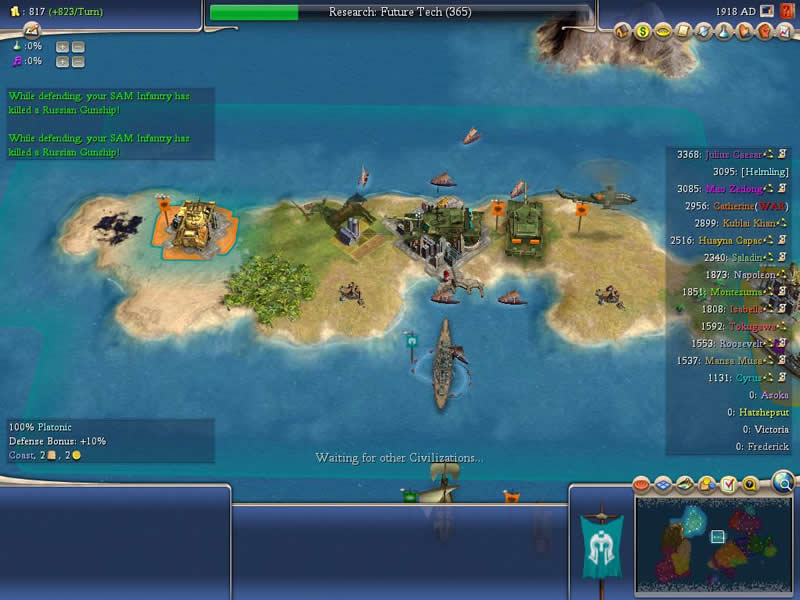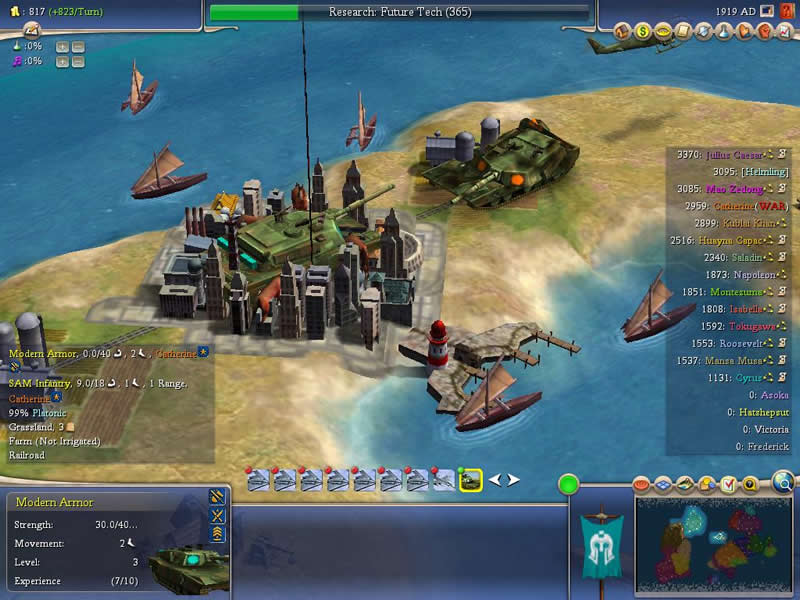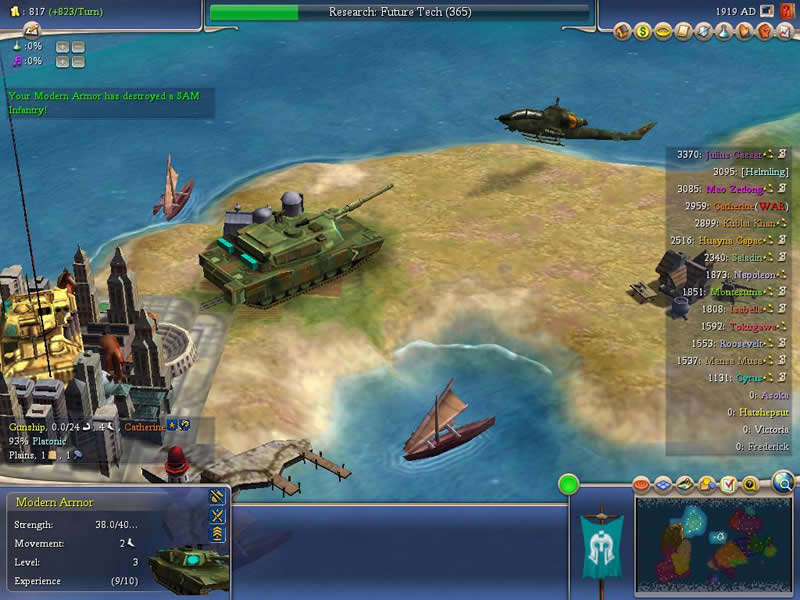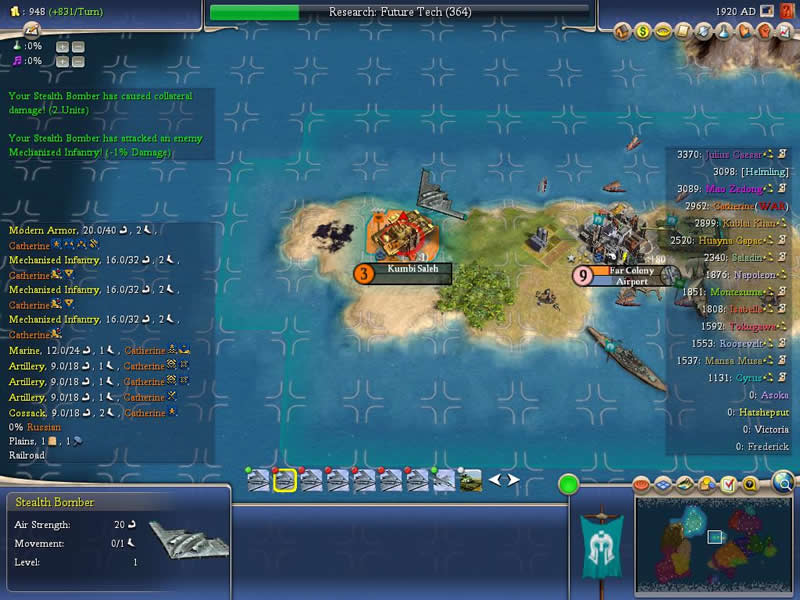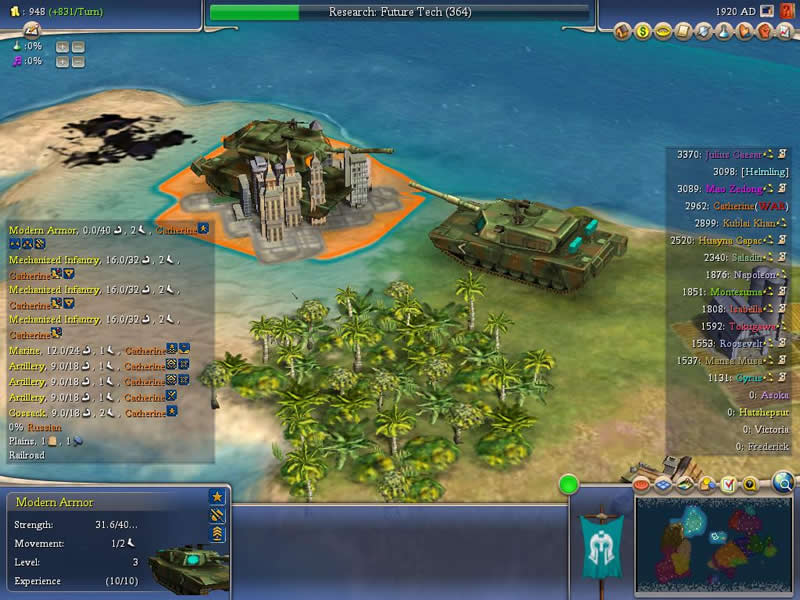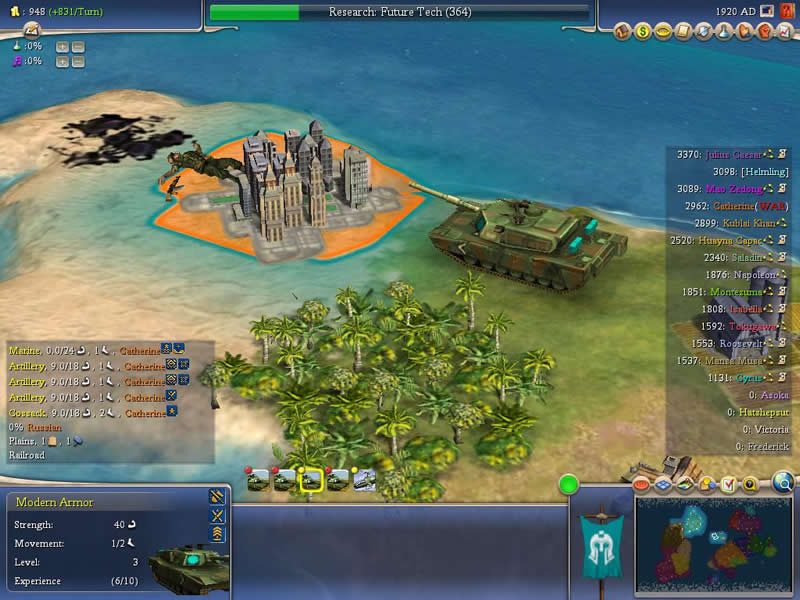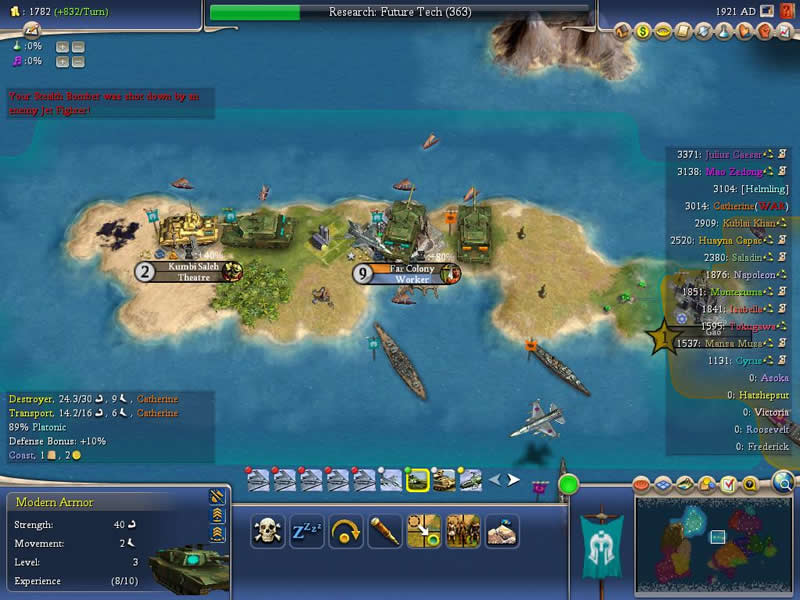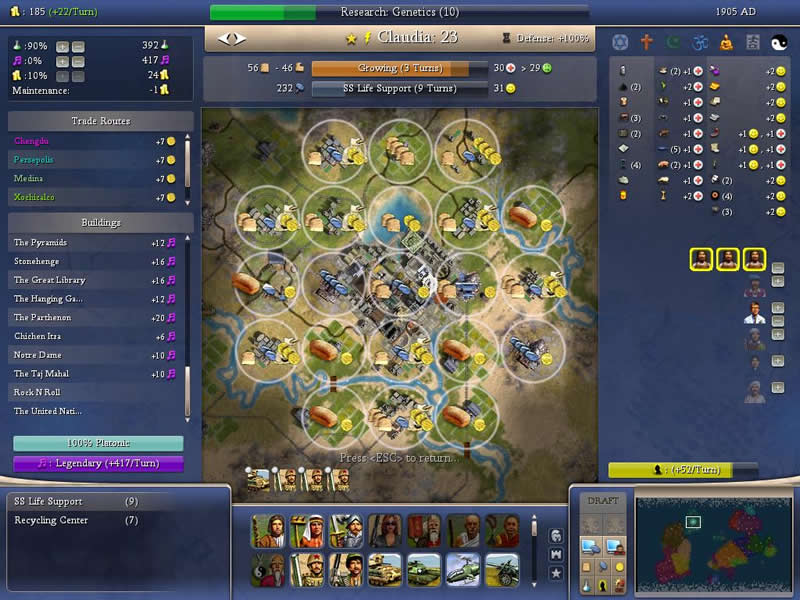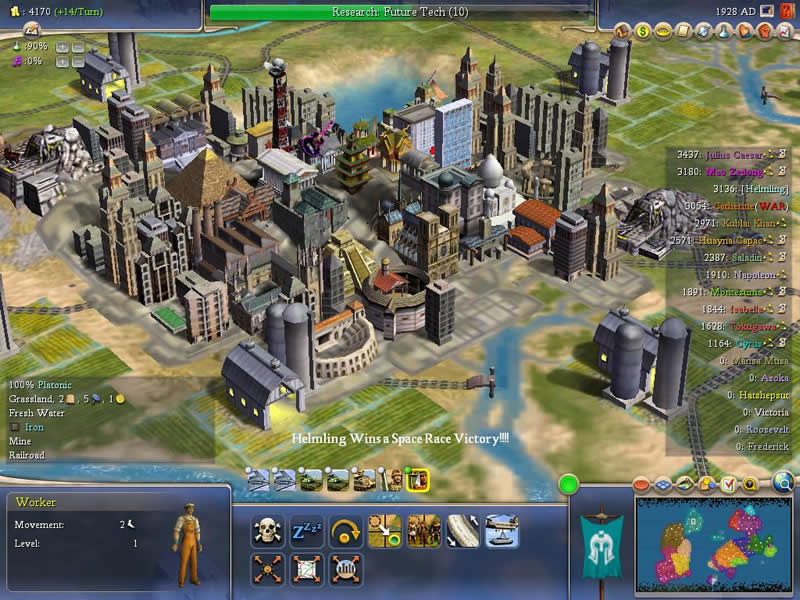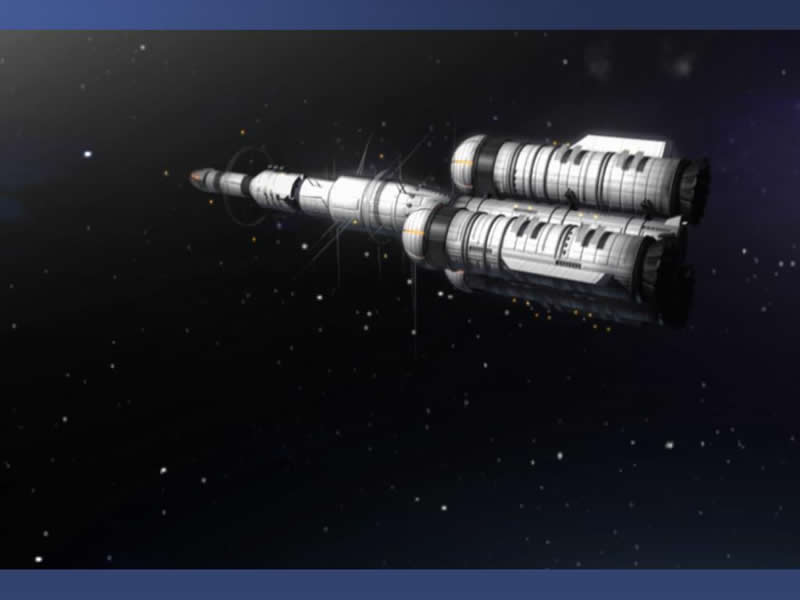After over four years of braking, the ship was still.
It had slowed itself by swinging through the orbit of the largest gas giant in the star system—a swirling mess of brown, orange, and red storms. It had passed between the wandering orphan asteroids as it approached a smallish red orb which slowed it further. Now it was coasting—still and serene in the lonely expanse—toward its destination.
Its white hull was perfect stillness, unfathomably dark and starkly bright at the same time.
As its destination began to loom larger and larger, the intelligent machines which had guided it through its journey watched the ship’s progress and tracked it to within millimeters of its preordained trajectory.
Then they saw it was time.
Inside the ship, lights flickered to life. The machines began scrubbing the carbon dioxide from the atmosphere inside again. The temperature regulators came to life again.
It was a ship without a tradition, yet it had been decided that the captain would be the last to go under suspended animation and the first to be revived from it.
The captain’s capsule buzzed. Instruments flashed. The air was equalized, and a man who had been essentially dead for more than fifteen years returned to life.
He moved in fits and starts. His eyes opened, but it was several minutes before he could see. He pulled off the intravenous cords from his arms and pushed himself out of the chamber and floated gently into the open chamber.
He reviewed the settings of the rest of his crew, and finding nothing amiss, initiated their wake-up cycles. As their chambers began to slide open, he busied himself checking the computer’s report from the trip.
He noted a slight drop in expected power reserves—nothing serious, but odd.
He greeted his crew and left them to finish waking up. He wanted to see their destination from the bridge.
As the door slid open, he saw the pinpoints of stars shining through among the vast black of space through the ship’s forward windows. In the middle, dead ahead, was a bluish sphere.
Rendered breathless, he pushed off the back wall of the bridge and floated toward the windows. The sun—filtered of its deadly radiation by the smart material of the windows—warmed his face as he drifted to the front.
His awe was shattered by an unexpected voice from just over his left shoulder.
“Hello Captain,” the voice said. “Sleep well?”
He tried to turn around, but found only fumbled with his neck until he remembered to push off of something.
Impossibly, there was someone sitting in one of the wide chairs on the other side of the bridge.
He was confused and alarmed beyond measure, until he recognized the face in the dark. Then as the long familiarity of the features registered, he was no longer surprised at all. He almost chided himself for not expecting it.
“Helmling?”
“How have you been?”
“What the hell are you doing here?” he said, unable to keep from smiling a bit. “Or rather, how in the hell are you here?”
“It wasn’t too difficult, actually. Little reprogramming here and there. You’d be amazed the kind of access being president for two thousand years gives you.”
“But there were no empty hibernation chambers. Did you have one hidden somewhere?”
“No, I wasn’t in hibernation. I'm afraid I've dipped into the reserve food supply, and you'll find the power lower than expected from running life support in a few parts of the ship longer than intended. But trust me, the ship'll be fine.”
Ender Iasonides, Captain of the Argo, pushed off one of the other chairs to draw himself nearer. “You can’t be serious.”
“I am.”
“You’ve been awake and alone for sixteen years?”
Helmling nodded.
“No one could survive that kind of isolation without going mad.”
“Oh, you’d be amazed the kind of patience I’ve developed. It’s really all a matter of mental discipline,” he answered flatly.
The crew began to enter from the rear as Iasonides stared on in disbelief.
“What the—“ one of the officers exclaimed, swallowing whatever might have come next.
Helmling nodded to greet them.
The crewmembers looked back and forth between one another, whispering questions.
“Well, captain,” Helmling said a moment later. “Shall we?”
Ender nodded cautiously, returning his attention to the planet before them.
He gestured for the crew to take their stations and one by one the men and women floated up from the back of the room and found their consoles. Helmling moved out of the way, choosing to drift toward the glass. He too was now fixated on the planet. In fact, nothing they said could shake his gaze from it.
“Report,” Ender called out. The usual brash strength that showed in his voice was muted somewhat by Helmling’s enigmatic tone.
“Spectrographic analysis coming back on the planet, sir,” the chief science officer reported. “We are picking up a largely oxygen/nitrogen atmosphere, sir…but…”
“But what?” Ender asked, looking at Helmling.
“We’re also now detecting trace gases, various synthetic compounds, heavy carbon dioxide, particulates, even radioisotopes.” The science officer looked up from her screen. “The long range spectrographic analysis that led to us selecting this planet was partially correct, sir. It was
once capable of sustaining life. There may still be life down there, but it’s likely microscopic or deep in those oceans. I have to conclude that this planet was once home to an advanced civilization, but something wiped them out and ruined this planet.”
Helmling said nothing.
Ender brought himself closer, but could not distract him from the view of the planet.
“Helmling,” he said suspiciously. “Where have you brought us? You knew this all along. You picked this planet. Why?” Helmling moved his mouth, as if about to speak, but then seemed to stop himself. Ender shook his head, and let his impatience show. “I think it’s time you start giving us some answers. What is this place?”
Helmling nodded, and at last he turned around to face the crew and their captain.
“She’s right, Captain,” he began. “This planet did once support an advanced civilization. Ours. This is the cradle of humanity. This planet is the homeworld. Earth.”
They all looked past him at the blue sphere hanging in the space before them, growing imperceptibly larger with each passing second.
“Right here? The homeworld was only a few lightyears away all this time?” the science officer gasped.
“Yes,” Helmling answered.
“What happened to it?” Ender asked pointedly.
Helmling sighed. “Late in the twenty-first century—that’d be something like twelve-thousand years ago now—human kind, on Earth, detected a planet around a near-by star. We’d actually detected many planets around other stars, but this was one different. It was small…Earth-sized. And we didn’t expect to find it where we did. You see, this planet was orbiting the nearest in a trinary star system we called Centauri. The size and orbit of the planet were contrary to our theories of planetary formation, but far more interesting was what the spectroscopy of the atmosphere indicated. The air looked like it could be terraformed, like the planet might be made hospitable to human settlement.
“So it was decided, not without some controversy, that a ship would be built. It wasn’t quite as grand as this one, but it still cost the world a great deal. Earth was in bad shape then. Environmental degradation was leading to ever greater conflict for resources and increasing tensions among all the Earth’s various factions and cultures. After the ship left for Alpha Centauri, things only got worse. Resource conflicts escalated into wars, wars escalated and nuclear weapons were used, leading to further environmental ruin, leading to more wars, more weapons, more devastation. We burned it down. We ruined the Earth.”
The crew looked at the beautiful, but poisoned world. “What about that ship?” one of them asked.
“They made it to the planet around Alpha Centauri, but when they arrived,” he sighed and shook his head. “Factionalism took over again. Even knowing what had happened to the Earth, we still couldn’t get our act together. It wasn’t long before the people realized that the planet wasn’t a planet at all.”
“Asteroid?”
“No,” he answered with a smile. “It was a machine. An advanced alien species had spent millions of years making it.”
“What was it for?” Ender asked.
“It was designed to allow a species to transcend the physical boundaries of consciousness. To ascend to another level of existence. What that would mean, these people didn’t realize, but they figured out how to use the machine.”
“They became…gods?”
“You know the theory of the multiverse?”
“The hypothesis that our universe is just one of an infinite number of universes connected in a multiverse, each of which represents one of an infinite possible outcomes to any quantum event.”
“It’s no hypothesis,” Helmling answered. “The Planet—the machine—allowed humankind to extend beyond just one universe in the multiverse. When they did that, they came into contact with many other ascended consciousnesses. Suddenly, and one might argue: without the necessary maturation, humankind was a player in a much larger cosmic struggle.”
“A struggle?”
“It soon became a war,” Helmling explained. “A war between species vastly more powerful than humans, even then. It was a war that threatened the nature of existence across the multiverse. It was beyond my powers of speech to even begin to explain.”
He paused for a moment, turning himself to look back at the Earth hanging before them.
“What happened?” the Captain asked.
“We lost,” he said. “We lost, and humankind was erased from existence.”
“What? So…so we’re the descendents of the survivors of that war?”
“There were no survivors…unless you count me, but I wasn’t in this universe then. No, the beings that defeated us destroyed humankind with great reluctance, and only when they were left with no other choice. But they were moral beings and they could not exterminate us outright. The planet still existed around the one surviving star in the Centauri system.”
“Surviving star?”
Helmling turned back. “It was quite a war.” He continued, “they destroyed the machine, so no species could use it again, but they left the planet. They reshaped the continents and seeded it with life from Earth. They recreated humankind, even seeded us with...suggestions of past human cultures.”
“But all life on Earth was already gone, wasn’t it?”
“Oh, they were very advanced. All they needed was the knowledge of the genetic codes of the creatures they wanted to resurrect, including humans. That sort of information is easy to come by when you transcend time and space by your very nature.”
“So they recreated human kind,” Ender repeated. “As some kind of test?”
“No…no tests. Just a second chance.”
“I don’t understand,” he continued. “If they were our enemies, then why would they do that? If they were so moral then why were we at war?”
“We were on the wrong side, Captain,” Helmling said firmly. “It was a war for the fate of the cosmos and we…”
“Were the bad guys?” Ender finished for him.
“We weren’t alone. Many species on our side sought power, sought control. Thankfully we lost.”
“And you?”
“Me?”
“How do you fit into all this?”
“Oh, I don’t,” he answered with a laugh. “It’s like I’ve always told your people, for all these millennia. I’m just an ordinary person. In most universes in the multiverse, I lived and died a normal life on Earth before any of this happened.”
“Died?” one of the officers said.
“In most universes. But the multiverse is full of possibilities. In one universe I met the right alien at the right time and…well, there you go.”
“So you’ve traveled the multiverse?”
“Yes.”
“Many universes…” Ender mumbled. “How many universes did this happen in, this extermination of humankind?”
“Many…well, an infinite amount, really.”
“And there’s always this…’second chance?’”
Helmling nodded.
“Have you done all this before? On other worlds?”
Helmling smiled. “Honestly, Captain, I can’t even tell you anymore if this is the beginning or the end for me.”
Ender shook his head and looked out at the Earth.
“Now what, Helmling? I mean...we’ve left behind a troubled world.”
“We have to let those people learn for themselves. For two-thousand years we’ve shown them the light, and there are still millions of Philosopher King citizens holding it up for them. It will always be their choice whether they will follow it, but now that we can watch from on high, we can at least make sure they don’t ruin the planet like the Earth was ruined.”
“And what of the Earth?”
“Well…we’re going to do just what we came here to do. We’ve found an uninhabited planet and we’re going to make it habitable. Oh, I do have an idea for the name of our first settlement, by the way." The crew exchanged puzzled looks, but Helmling continued, "We’re going to rejuvenate the Earth, bring it back and reclaim our birthright. In whatever small way we can, we’re going to make the wrong things right.”
